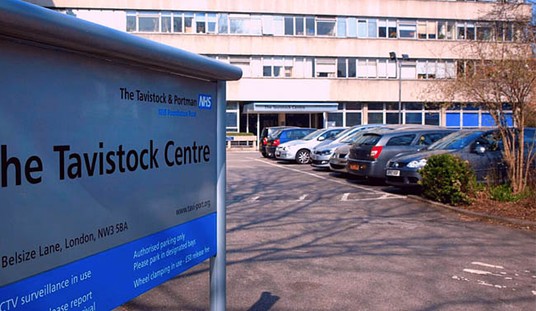The latest in health-care worries comes from CNS News, which reports that a close adviser to Barack Obama proposed removing organs from people “without explicit consent.” The truth in this case is more complicated than the headline, and is worth discussing in terms of organ donation and the presumptions of American medicine. Sunstein was not offering a radical notion, but one firmly in the mainstream of organ-donation reform:
Cass Sunstein, President Barack Obama’s nominee to head the Office of Information and Regulatory Affairs (OIRA), has advocated a policy under which the government would “presume” someone has consented to having his or her organs removed for transplantation into someone else when they die unless that person has explicitly indicated that his or her organs should not be taken.
Under such a policy, hospitals would harvest organs from people who never gave permission for this to be done.
Outlined in the 2008 book “Nudge: Improving Decisions About Health, Wealth, and Happiness,” Sunstein and co-author Richard H. Thaler argued that the main reason that more people do not donate their organs is because they are required to choose donation.
Currently, the US medical system presumes that people opt out of organ donation at death unless they explicitly opt into it, through drivers-license designation, living will, or other clear-cut evidence. However, not all countries share this paradigm. Spain, for instance, has a “presumed consent” law that allows organ harvesting at death in absence of evidence otherwise. Some people estimate that we could double the amount of kidneys and other transplantable organs by adopting a presumed-consent law in the US.
This is hardly a radical concept, but it also is not a good solution to the problem. At the moment, the US transplants over 7,000 cadaver-donation kidneys every year. Doubling that would take us to maybe 15,000, which would be a boon for those who receive the kidneys. However, we currently have over 250,000 people on dialysis, all paid by Medicare, and we add many more than we transplant each year. The current 5-7 year wait for cadaver transplants makes the plight plain, and also shows that even a presumed-consent law will not really do much than trim the wait time — although there is no denying the value of the extra kidneys that would become available.
Dr. Sally Satel has written extensively on these issues, and earlier this year edited a collection of essays on a better solution: compensating kidney donors for live transplants. In the book When Altruism Isn’t Enough, Satel explains the limitations of cadaver donations and the need for a much stronger supply of live kidneys. For many, the idea of compensating people for donating kidneys would be much more radical than a presumed-consent law, but Satel makes a compelling case on public policy, fiscal concerns, and humanitarian and medical grounds.
Update: Glenn Reynolds invokes Monty Python. I know I’m not supposed to like this clip, but I just can’t help myself.







Join the conversation as a VIP Member